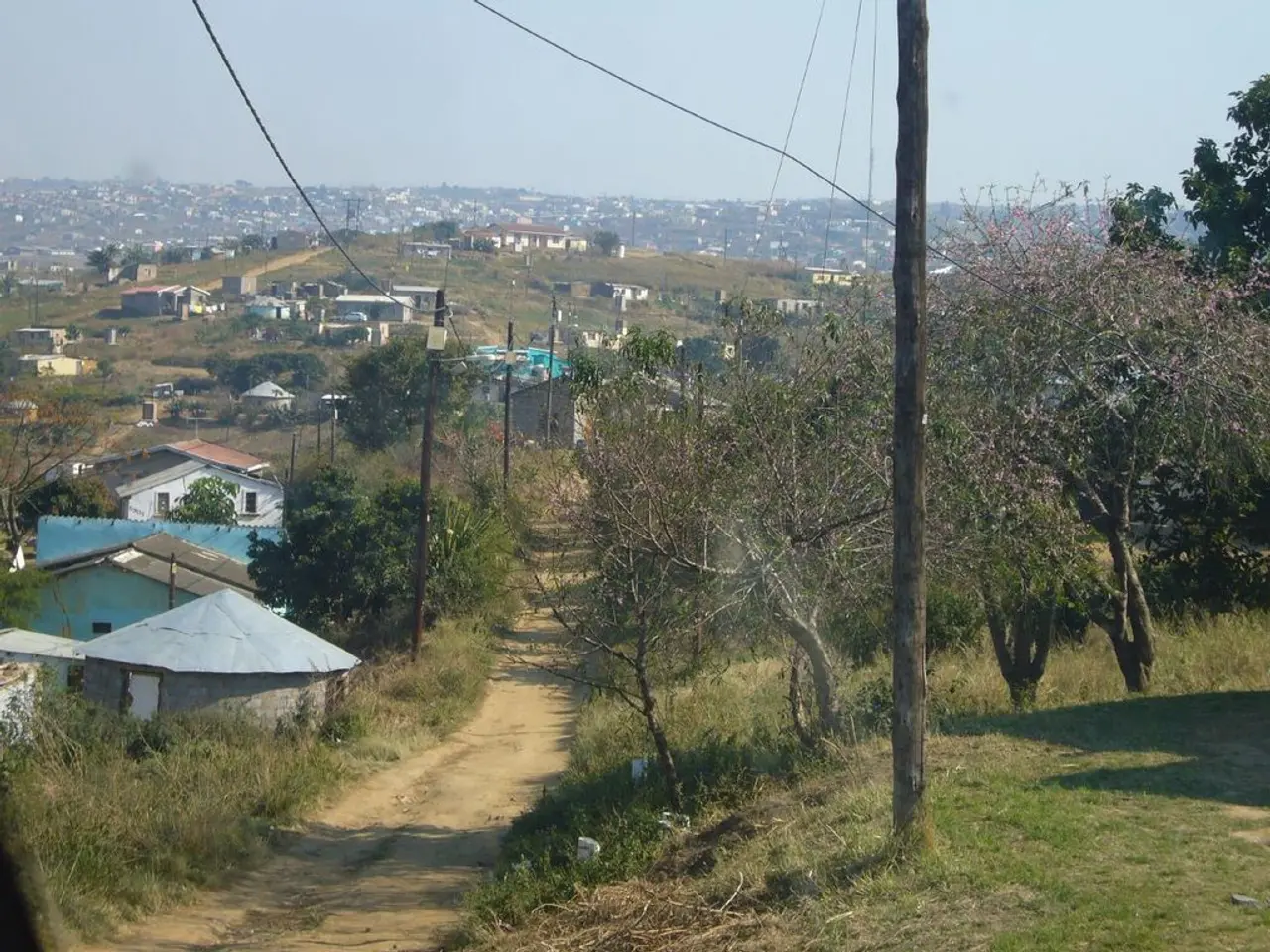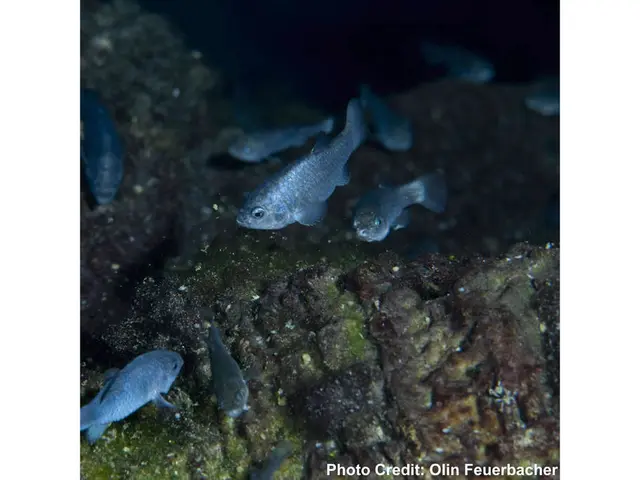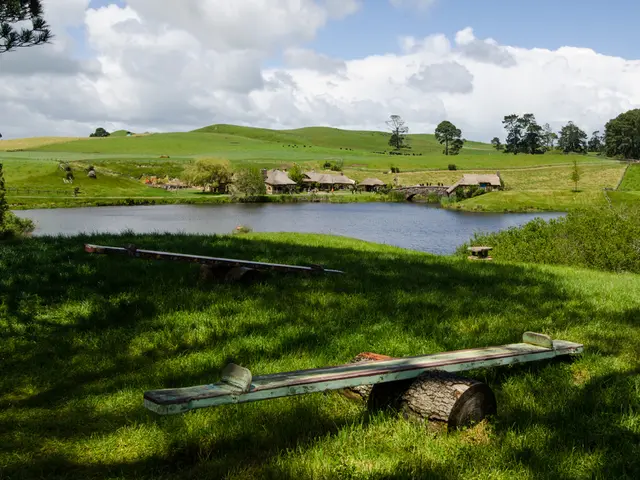Singapore allocates SGD 76.4 million for carbon credits sourced from natural resources
In a significant move towards meeting its 2030 climate targets, Singapore has announced the purchase of more than two million tonnes of nature-based carbon credits from nine countries. The credits, equivalent to offsetting nearly 4% of Singapore's greenhouse gas emissions in 2022, are set to help the city-state achieve its goal of reducing emissions and preserving natural habitats.
The carbon projects, overseen by various organisations, aim to preserve Peruvian forests, reforest degraded pastureland in Ghana, and sequester carbon in soil in Paraguay. One of the projects in Ghana, the 40-year initiative in the Kwahu region, aims to restore 51,000 hectares of degraded land by replanting native trees and employing agroforestry and regenerative planting.
In Peru, two projects involve protecting forested areas from logging. One of these projects is the Together for Forests Redd+ project, which aims to reduce deforestation in three provinces within the Madre de Dios region. The Kowen Antami Redd+ Project, on the other hand, aims to protect the Yanachaga Chemillen National Park and the San Matias-San Carlos Protection Forest.
The carbon project in Paraguay, overseen by Boomitra, involves putting in place sustainable practices in ranches across the Pampas grasslands to increase the amount of carbon the soil can hold.
The sale of these carbon credits provides a financial incentive to keep natural habitats standing instead of cutting them down for other purposes. Singapore had earlier estimated that it would use high-quality carbon credits to offset about 2.51 million tonnes of emissions a year over this decade. The nature-based credits are planned to offset Singapore's emissions from 2026 to 2030.
The contracts for the sale of nature-based carbon credits to Singapore were awarded to Infinite-EARTH, the Rainforest Trust, GenZero, Mercuria, and Boomitra. GenZero, a nature-focused investment firm backed by Temasek, won a bid to oversee the restoration of the Kwahu tropical forest landscape in Ghana.
Under the Paris Agreement, countries can buy carbon credits generated in other jurisdictions to meet domestic climate targets to reduce emissions. This marks the first time Singapore is sourcing carbon credits from nature-based projects. The purchase contributes to ensuring the persistence of these habitats into the future.
Singapore has inked carbon trading agreements with Ghana, Peru, Paraguay, Papua New Guinea, Bhutan, Chile, Rwanda, Thailand, and Vietnam. This move signifies Singapore's commitment to global efforts in combating climate change and preserving natural habitats.
This is a positive step towards Singapore's goal of becoming a carbon-neutral city and demonstrates the country's dedication to sustainable development. As more countries adopt similar measures, we can hope for a future where natural habitats thrive, and the impact of climate change is minimised.
Read also:
- Two farmers in Zambia take legal action against two firms with Chinese connections, alleging an ecological disaster caused by their operations.
- Deepening EU-India relations despite apprehensions regarding Moscow connections
- Ongoing Transition Towards Cleanliness
- Meeting for lunch with Mr. Energy Transition: Rainer Baake returns to Berlin







